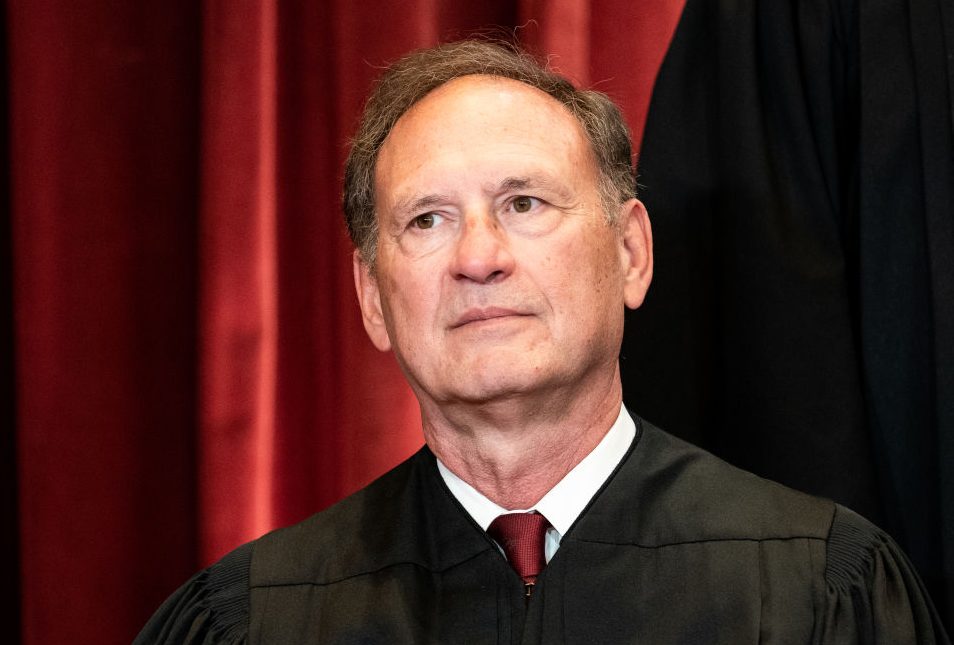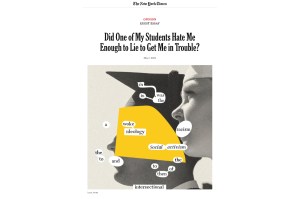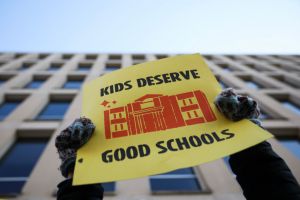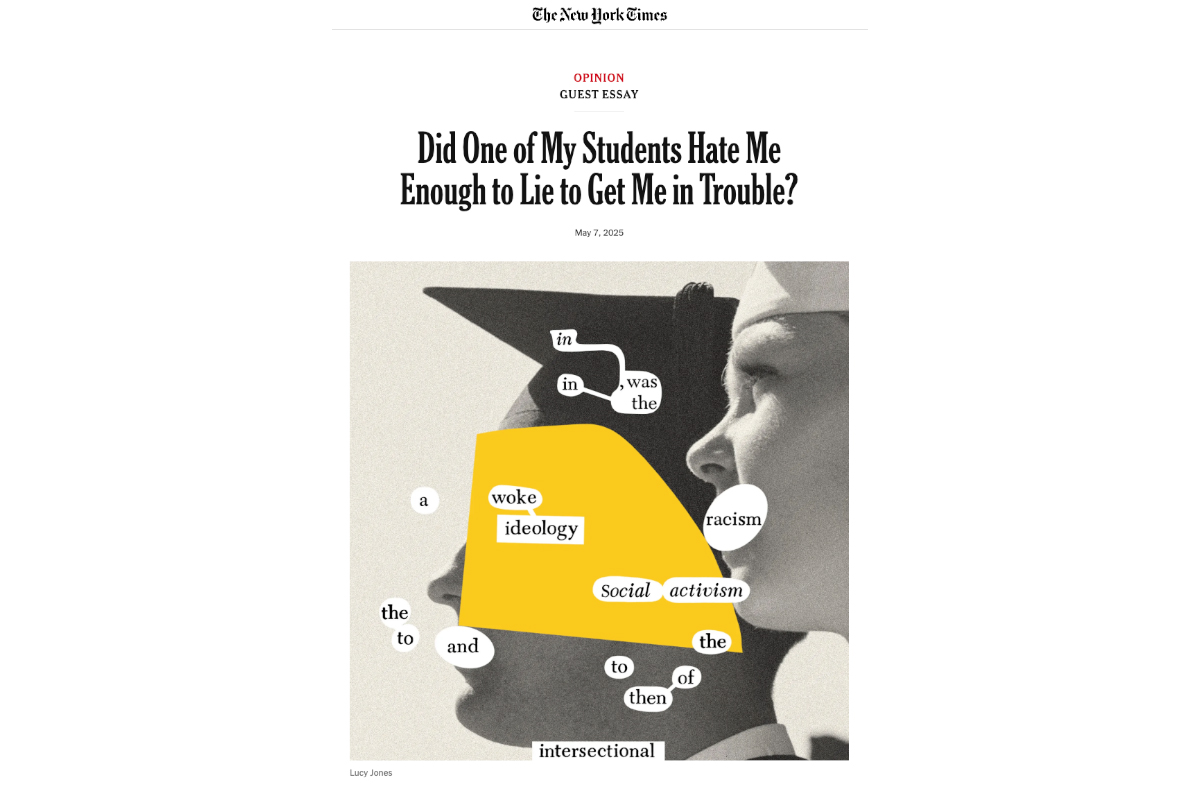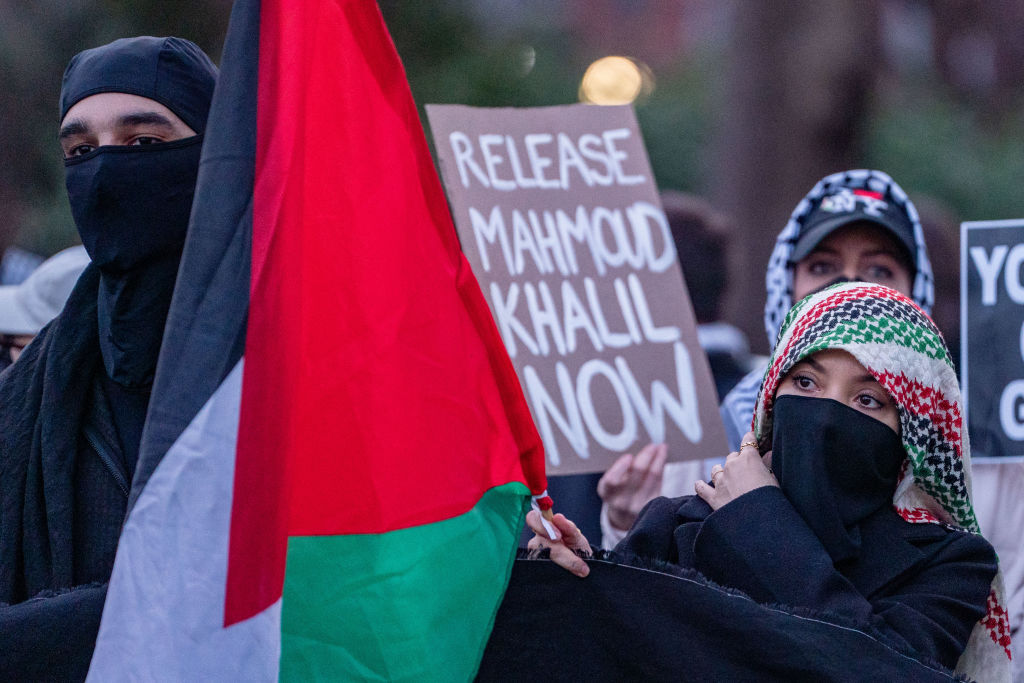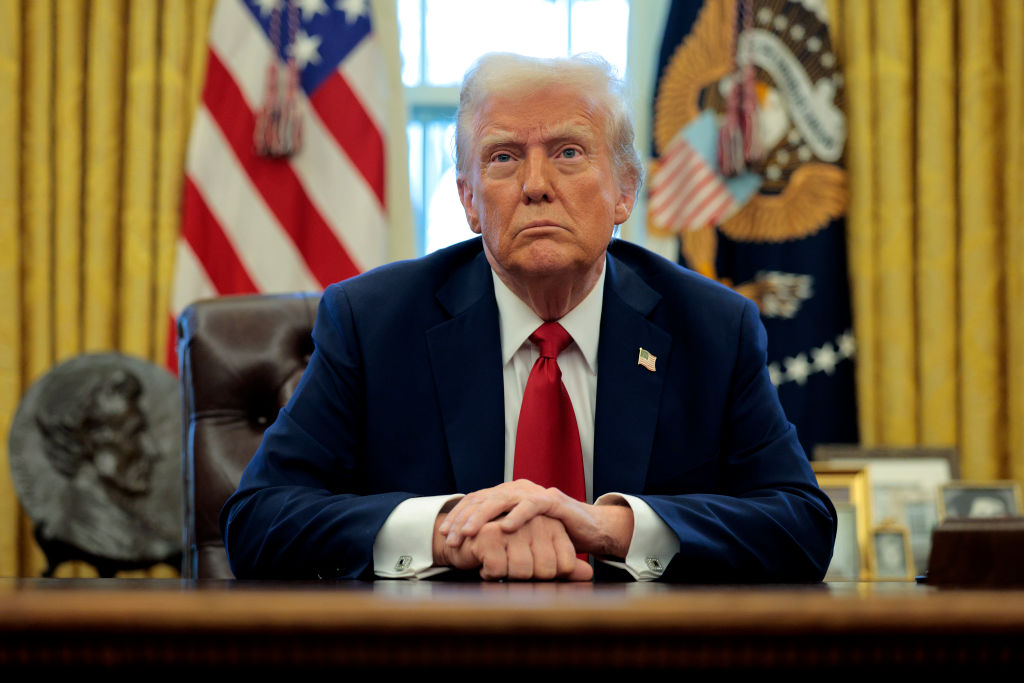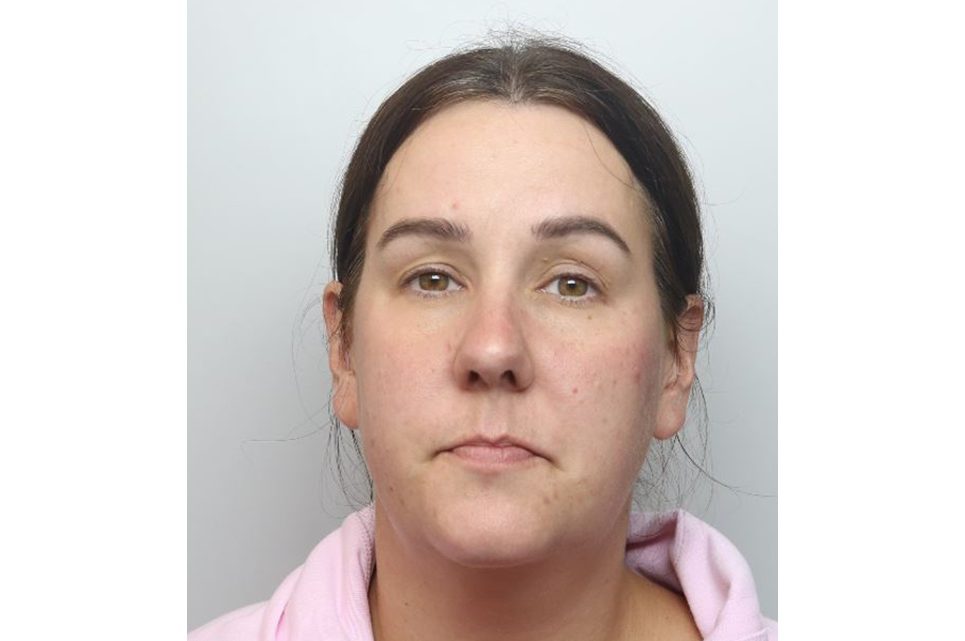The Supreme Court is poised to grant a victory to religious conservatives via the First Amendment in blocking recognition of an LGBT club at Yeshiva University. Yeshiva is a Jewish law school which objects to the club on religious grounds. This is important news for other religious schools across America facing similar legal challenges.
Though the Court as an intermittent step referred the case back to the lower courts as Yeshiva University v. YU Pride Alliance, Justices Samuel Alito, Clarence Thomas, Neil Gorsuch, and Amy Comey Barrett made no bones in their dissent that they would stand with the First Amendment when the full case comes before the Supreme Court, as it is expected the lower courts will demand Yeshiva recognize and fund the club. The Court refused to hear the case on an expedited basis, ordering instead that it first exhaust options in other lower courts. Alito, et al, objected to that 5-4 procedural decision and telegraphed their ultimate response via dissent.
The issue is simple: Yeshiva University wants to deny recognition of an LGBT club (YU Pride Alliance), claiming their foundational values as written in the Torah do not support the LGBT agenda. The club claims it is being discriminated against, as other non-religious groups can form clubs. At issue is the First Amendment versus Title IX and other “human rights” laws.
Alito argues the courts have no right to use the power of the state to compel Yeshiva to host the club. “Does the First Amendment permit a State to force a Jewish school to instruct its students in accordance with an interpretation of the Torah that the school has concluded is incorrect? Surely ‘no.’” He rejects the idea that religion is being used to support bigotry, and sticks with a conservative view of the First Amendment, saying government should not impose itself on religion in this case.
The court’s duty, writes Alito, “is to stand up for the Constitution even when doing so is controversial.” Alito went further, stating, “At least four of us are likely to vote to grant” review if the university loses on its First Amendment arguments on appeal, and Yeshiva will likely win if its case came before us. A State’s imposition of its own mandatory interpretation of scripture is a shocking development that calls out for review. The Free Exercise Clause protects the ability of religious schools to educate in accordance with their faith.” One progressive outlet called what many conservatives would consider a promise of future justice an “implicit threat.”
The balance between the First Amendment and Title IX (i.e., human rights, in this case New York law) has always been tricky. To protect religious freedom, the federal Department of Education has granted exemptions to 120 religious colleges and universities to practice their religious tenets, even when they conflict with protected LGBT and other “human rights.” The New York courts have held for schools like Yeshiva (a law school, not purely a religious training school or seminary) that the First Amendment should cover only those parts of the school’s business which directly constitute religious acts, and allow secular law to cover the secular part of the school. Specifically, New York said Yeshiva violated New York City’s human rights law. That law prohibits “public accommodations” — places that are open to the public — from discriminating based on sexual orientation and gender identity. Despite its Jewish orientation, Yeshiva admits students of any religion, the “public” part. Yeshiva came to the Supreme Court, calling the ruling an “unprecedented intrusion into church autonomy.”
In siding with Yeshiva, Alito is also going after bigger fish, looking to weaken or overturn Employment Division v. Smith. In that case, the Supreme Court held that religious objectors typically must follow all “neutral laws of general applicability” (though racial discrimination is still prohibited). Alito claims that New York’s human rights law is not neutral or generally applicable because it does not apply to “benevolent orders,” i.e., “any club which proves that it is in its nature distinctly private.”
Carveouts from civil rights laws for private clubs are common. The federal law banning businesses that offer their services to the public from engaging in many forms of discrimination (bakers who refuse to make cakes for gay couples, for example) exempts “a private club or other establishment not in fact open to the public.” It is likely the First Amendment, which grants rights of free association to membership organizations that do not apply to public businesses, forbids states from enacting anti-discrimination laws that require genuinely private clubs to accept members they do not want to accept.
Alito, in other words, is saying in his dissent that if a state enacts an anti-discrimination law that exempts private clubs, then it must also exempt religious objectors from that law. In practice, that means Alito would give all religious objectors fairly sweeping exemptions from huge swaths of anti-discrimination law, including those at Yeshiva University who object to an LGBT club on campus. Weakening Employment Division v. Smith would open the door wider for private religious schools to decide which organizations they wish to recognize without having to apply to the federal Department of Education for an exemption. It would be a victory for the First Amendment, and a victory for religious rights over “human rights.”



